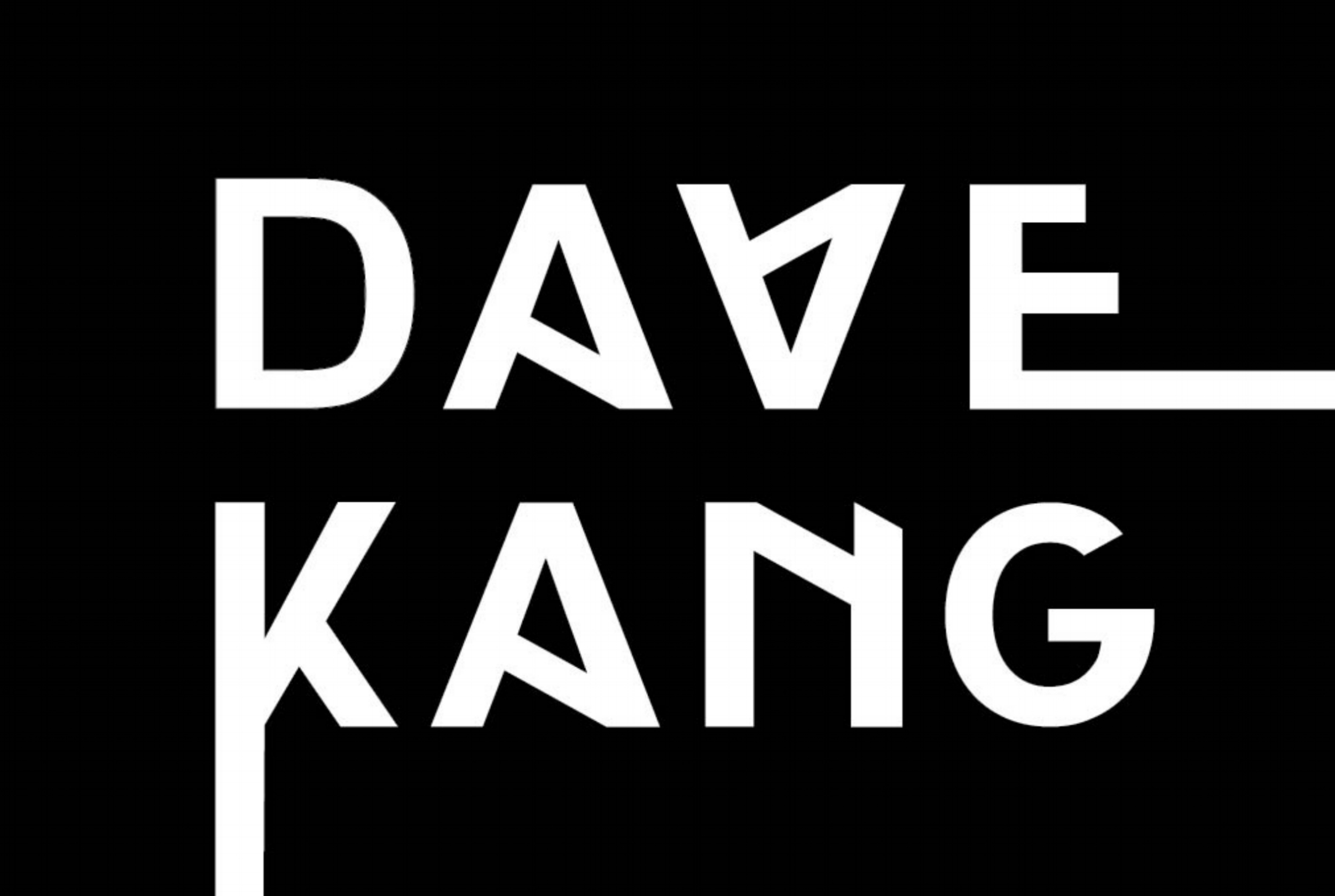
Bridge

Bridge is an online platform to create and develop authentic relationships across all games and platforms in the gaming community.
Preface
The digital age and the rise of the internet allowed gamers around the world to connect with one another in a way previously inconceivable -- Gamers could connect with players through games, forums, and other forms of virtual communities. Despite how easy it is to stay connected, research shows that the loneliness epidemic is more prevalent than ever.

The popularity of eSports and competitive gaming have climbed exponentially in the last decade, and an important element of their appeal is in their ability to foster feelings of sociability and belonging with others. Studies have debunked the myth of the lonely gamer. The resurgence of cyber cafes as social spaces rather than spaces gamers need to go to to access games and equipment is a testament to the social motivation behind gaming.
The Problem
As a social gamer, what drew me to this project was the discrepancy I noticed between online gaming communities and in person gaming communities, cyber cafes, ⎼ there is a toxicity associated with the former that is noticeably absent in the latter where there is an emphasis on building a positive community experience. This project is an exploration on how to bridge that gap in the virtual gaming space.

The Current State of eSports
The elevation of gamers from unambitious social outcasts to celebrity “athletes”, particularly in the last four years since 2015, represents a major shift of gamer culture in popular media. With projected revenue and audience growth of $1.65 billion and 557 million people respectively in 2021, the growth of the eSports market has been explosive. Meanwhile, corporate sponsorships (Microsoft, Honda, Adidas) and high profile brand partnerships in various industry sectors (Louis Vuitton, hip hop star Drake) has solidified eSports as a mainstay in mainstream media.

With all these major brands tapping into the revenue potential of the global esports economy, eSports has started to break boundaries beyond gaming and tech. With these advances, there are a new breed of game enthusiasts entering into the gamer culture, a culture often vilified and stereotyped for its disruptive behavior. It is imperative that the gamer community becomes increasingly active, welcoming and social to adjust to these new segmentation of gamers and fans.

User Research
The initial discovery phase of my research consisted of a general gaming survey, followed by a more specific survey to validate the insights found in the general survey. The general survey included many open-ended questions that allowed participants to provide feedback without being hindered by too much structure. Since I was a gamer myself, I wanted a design process with an unbiased and clear understanding of the needs that needed to be addressed. I posted my surveys onto the subreddit r/SampleSize.


Online Socialization



Preferences to play alone or with others is highly situation dependent. A common pattern I recognized was that a lot of gamers are introverted in real life settings, but still crave social connections. As a result, they turn to gaming or virtual communities as their only source of socialization. Being able to do it from the comfort of their homes helps alleviate any social anxiety they might have.

Toxicity & Inclusivity
Problematic behavior is a legacy issue in eSports, a sentiment confirmed by the mentions of toxicity (sexism, racism, hostile behavior, poor sportsmanship, homophobia etc.) in the majority of respondent’s feedback. This becomes an issue when individuals actively alienate themselves from certain communities and games to avoid confronting these attitudes. While there is an enduring interest in seeking friendship and social support, toxicity and harassment are largely reasons why people who are able to, don’t.












I looked at three common social channels aimed at building community. I honed in on each of their engagement tools, their approach to identity and anonymity, and content type/ policy. Anyone can create a page/subreddit/channel for any topic imaginable no matter how niche the topic may be. These apps are all very inclusive but differ in their own way.



These apps require a degree of transparency for users to feel comfortable connecting online. In order to accomplish this these apps use personalization features to help humanize their users, and transparency to emphasize reliability. Ultimately, it is about curating an “authentic” version of one’s identity.




League of Legends and Counter Strike are notorious in the gaming community to have some of the most aggressively, toxic players. I extrapolate already established countermeasures used as in-game solutions towards creating a safe space in online communities.









